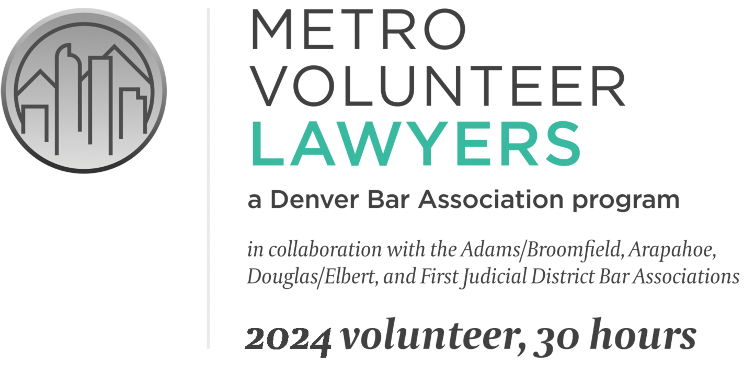Child Custody
How to raise children after parents separate is the most difficult issue in a divorce proceeding and by far the most emotional one for clients. In which household children will reside and which parent gets to make decisions on behalf of the children are determined in a proceeding called “Allocation of Parental Responsibilities.”
Parenting time and decision-making are determined by the best interest of the child. Judges are guided by these nine factors that must be considered in any decision on parenting time:
1. The wishes of the child’s parents as to parenting time;
2. The wishes of the child if he or she is sufficiently mature to express reasoned and independent preferences as to the parenting time schedule;
3. The interaction and interrelationship of the child with his or her parents, his or her siblings, and any other person who may significantly affect the child’s best interests;
4. The child’s adjustment to his or her home, school, and community;
5. The mental and physical health of all individuals involved, except that a disability alone shall not be a basis to deny or restrict parenting time;
6. The ability of the parties to encourage the sharing of love, affection, and contact between the child and the other party; except that, if the court determines that a party is acting to protect the child from witnessing domestic violence or from being a victim of child abuse or neglect or domestic violence, the party’s protective actions shall not be considered with respect to this factor;
7. Whether the past pattern of involvement of the parties with the child reflects a system of values, time commitment, and mutual support;
8. The physical proximity of the parties to each other as this relates to the practical considerations of parenting time;
9. The ability of each party to place the needs of the child ahead of his or her own needs.
Decisions Regarding Day to Day Life
Decision-making includes major areas in a child’s life such as education, health care, and religion. It may also include extracurricular and other day-to-day activities of a child. The majority of the time, decision-making is shared equally.
But if parents cannot communicate with each other without an argument erupting or one or the other refuses to give permission for an activity or treatment, the court may decide that it would be better for the children if only one parent was given decision-making authority.
In allocating which parent gets to make the decisions, there are some additional factors in addition to best interests that a court will consider:
1. Credible evidence of the ability of the parties to cooperate and to make decisions jointly;
2. Whether the past pattern of involvement of the parties with the child reflects a system of values, time commitment, and mutual support that would indicate an ability as mutual decision makers to provide a positive and nourishing relationship with the child;
3. Whether an allocation of mutual decision-making responsibility on any one or a number of issues will promote more frequent or continuing contact between the child and each of the parties.
If domestic violence or child abuse is alleged, then the court will take into account other factors and evidence when allocating parental responsibilities.
The goal of divorce law with respect to parenting is to support frequent contact between children and both parents. If you are married or were never married and have minor children, you will need to make a plan as to how you and your spouse or partner will share time with your children after you separate.
The attorneys at Perusse Family Law have the experience to handle the easy and difficult child custody matters. Call 888-735-0304 or fill out the contact form to make an appointment to speak with an attorney today.






